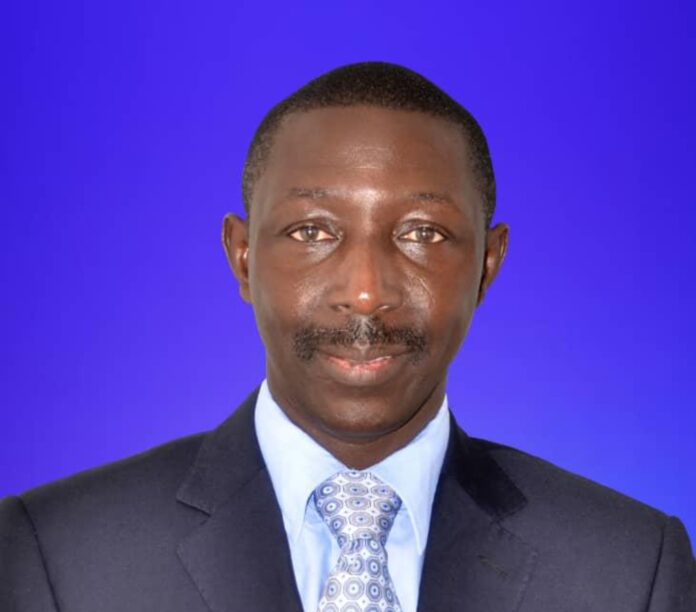Written by: Dawda Baldeh
The leader of the opposition People’s Alliance Party (PAP), Ebrima Tabora Manneh, has criticised the recent hike in the presidential candidate deposit from ten thousand dalasis to one million, describing it as a deliberate attempt to discourage competent candidates with limited financial means from contesting.
Earlier this month, lawmakers voted to reinstate a provision in the Election Bill that mandates aspiring presidential candidates to pay a deposit of one million dalasis—a significant increase from the ten thousand dalasis fee in place since the 2017 change of government. The updated legislation also requires presidential hopefuls to secure nomination support from between 5,000 to 15,000 registered voters nationwide.
In reaction to these developments, Mr. Manneh remarked, “This is designed to prevent competent candidates with low budgets from contesting, and it benefits the incumbent and powerful parties.” He condemned the move and called for the decision to be reversed in the interest of democratic participation, allowing Gambians to freely choose their preferred candidate. “When you require presidential candidates to pay a deposit of one million dalasis, it will obstruct some quality candidates from running because it’s too costly,” he added.
While acknowledging the importance of maintaining certain electoral standards, Manneh warned that imposing such financial barriers could instead encourage corruption. He emphasised that leadership should be determined by vision and integrity, not by financial strength.
Outlining his party’s vision, he said, “As PAP, we will not compromise our integrity for anything; no amount of money or position is worth it. We aspire for the betterment of the country where every Gambian feels represented and empowered.”
Manneh pledged that under a PAP-led administration, the agricultural sector would be revitalised to promote commercial farming. He also promised to tackle corruption, improve business opportunities, enhance education and healthcare, and upgrade infrastructure and living standards.
He concluded by calling on Gambians to unite for the country’s progress rather than focusing on partisan or personal agendas.




